Nuchido TIME+ Trial
Results of my 2 month trial of a nicotinamide-based NAD booster
Join the club for FREE to access the whole archive and other member benefits.
As we age, our bodies undergo various shifts that lead to an increased risk of diseases. To assess these changes, doctors often suggest tests to measure biomarker levels—critical components for our overall well-being. When these levels drop, doctors may prescribe supplements to restore balance.
This blog delves into key ageing biomarkers and their roles in our bodies, particularly after supplementation.
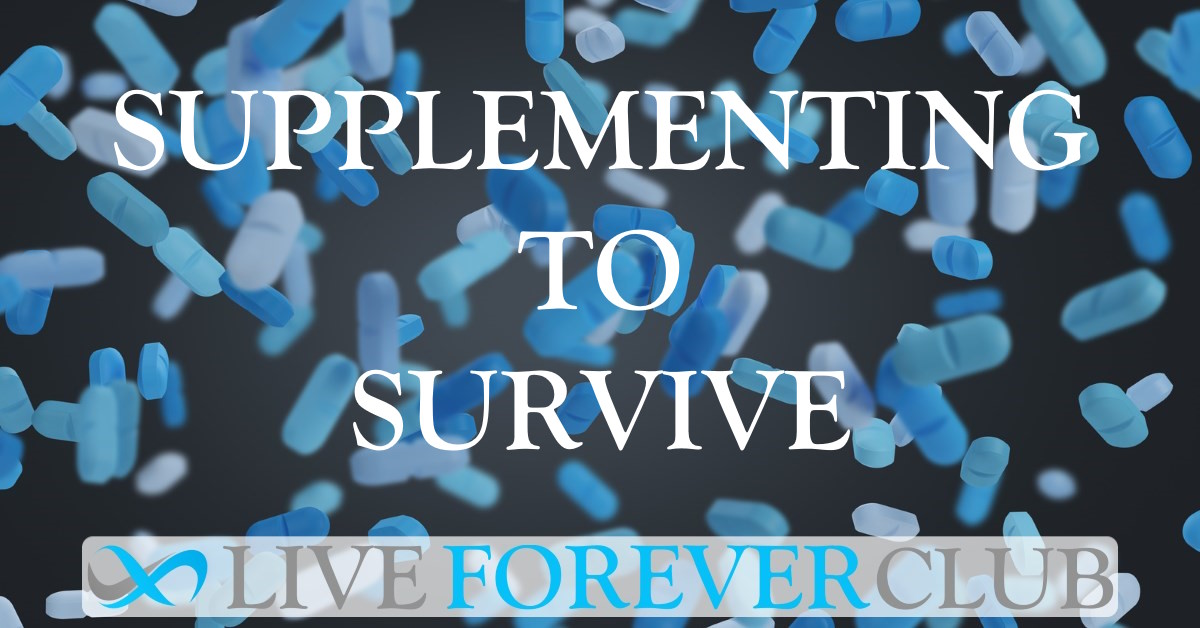
Coenzyme Q10 (CoQ10) plays a crucial role in overseeing mitochondrial functions, particularly in the production of energy. CoQ10 serves as a powerful antioxidant by safeguarding cells from oxidative stress.
CoQ10 actively participates in electron transport chains within mitochondria to generate ATP, the essential currency of cellular energy. As individuals age, mitochondrial function experiences a decline, and concurrent reductions in CoQ10 levels may contribute to age-related fatigue and a decrease in cellular vitality[1].
CoQ10 supplements are recommended for their potential in both treating and preventing cardiovascular disease. Moreover, research indicates that they contribute to the reduction of markers associated with oxidative stress. Additionally, they have proven effective in minimising indicators linked to liver damage.
Fisetin, a flavonoid found in strawberries, apples, and onions, protects our bodies from cellular damage. It improves mitochondrial efficiency by reducing reactive oxygen species (ROS) that cause the damage. This enhances cellular vitality and guards against age-related decline.
Fisetin activates sirtuins, supports DNA repair, enhances stress resilience, and regulates metabolism for overall cellular health. It also stimulates autophagy, a rejuvenating biomarker that protects against age-related diseases like Alzheimer's and Parkinson's. However, the relationship between fisetin levels and age is unclear, influenced by individual differences in bioavailability and metabolism due to factors such as diet, genetics, and overall health.
Even if fisetin levels don't decrease notably with age, the potential health benefits for older adults, such as reducing inflammation and enhancing cognitive function, remain valuable[2]. Supplementation has demonstrated its advantageous role in modulating ionic homeostasis within the body, contributing to overall physiological balance. Additionally, it is recognized as a potential calorie restriction mimetic, mimicking the benefits associated with longevity.
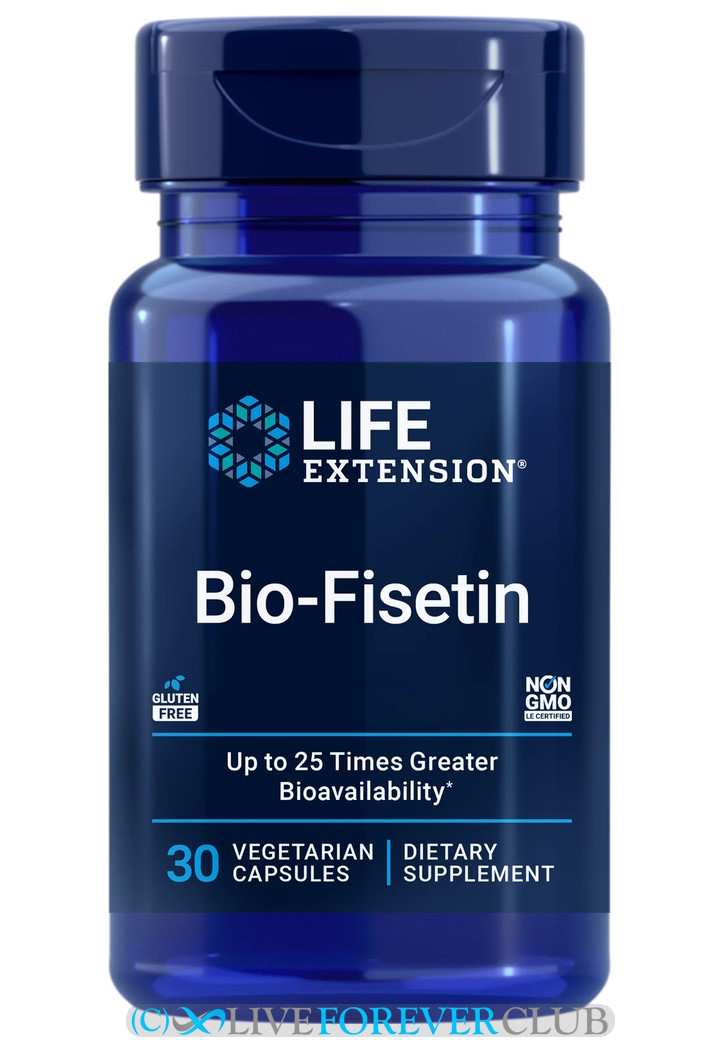
Klotho, named after the Greek goddess of fate, is not just a mythological figure. It's a protein that may be involved in ageing. Found primarily in the kidneys and brain, klotho serves as a versatile biomarker, providing insights into the changes that occur over time within our cells.
With age, the presence of klotho diminishes, creating a sense of vulnerability[3]. This decline is associated with various age-related issues, including frailty, cognitive decline, and chronic diseases like diabetes and heart conditions. The decreasing levels impact cellular processes, contributing to the gradual wear and tear on the body.
Supplementation may play a role in the antidepressant effect. Studies indicate that adequate klotho levels are associated with improved cognitive function, memory retention, and overall brain health. This could also contribute to maintaining overall health and vitality.
Nicotinamide adenine dinucleotide (NAD+), a ubiquitous coenzyme, shines for its central role in several cellular processes. Some of them include energy metabolism, DNA repair, and sirtuin activation. This links declining NAD levels to age-related diseases like neurodegeneration and metabolic dysfunction.
As we get older, the synthesis of NAD slows down, and at the same time, the enzymes that use NAD to fix DNA become more active[4]. This creates a vicious cycle and causes age-related decline. Measuring NAD levels in blood or tissue unveils this cellular fuel gauge, and provides early insights into the decline.
Precursor supplements such as nicotinamide riboside (NR) and nicotinamide mononucleotide (NMN) can sidestep the limitations in NAD production. They contribute to better sleep, improved energy metabolism, and even a partial revival of our cellular powerhouses, the mitochondria. This may restore all the cellular processes involving NAD+.
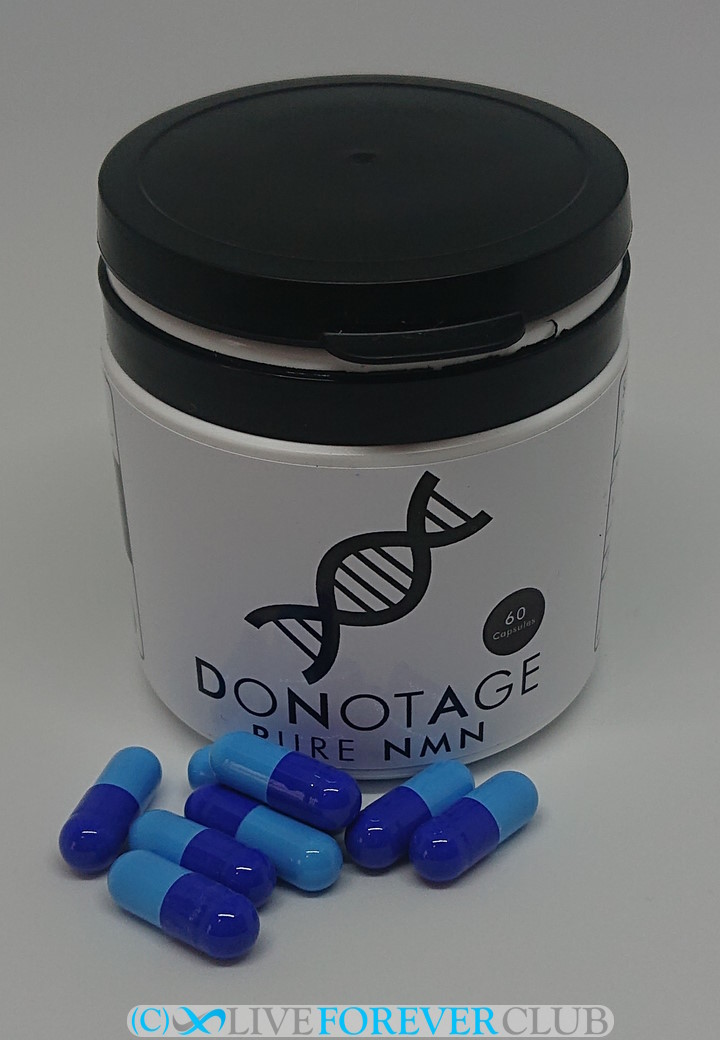
Resveratrol is a polyphenol found in red grapes, berries, and nuts. It is pivotal in DNA repair, stress resilience, and mitochondrial health, essential for sustaining youthful energy production. Resveratrol works against oxidative stress by combating free radicals directly.
Additionally, resveratrol promotes fat burning and insulin sensitivity. As our endogenous resveratrol production diminishes, supplementing becomes a promising avenue[5].
Supplementing with resveratrol involves benefits akin to calorie restriction. It has proven to enhance digestive enzymes, mitigate inflammation, providing pain relief, and acting as a potent antioxidant. This not only contributes to bodily comfort but also to overall health resilience.
Spermidine, a polyamine found in every cell, holds immense promise as a biomarker. This autophagy activator acts like a microscopic recycling crew, clearing cellular debris and damaged proteins.
Spermidine levels gradually decrease with age[6]. Low spermidine levels contribute to the accumulation of cellular garbage. Measuring spermidine in blood or tissues, particularly its acetylated form, offers a window into cellular autophagy efficiency. The value can potentially predict disease risk and response to interventions.
Boosting spermidine levels offers exciting possibilities. Research indicates that dietary supplements not only support autophagy but also activate growth factors. They also address organ damage, underscoring their multifunctional impact on physiological health.
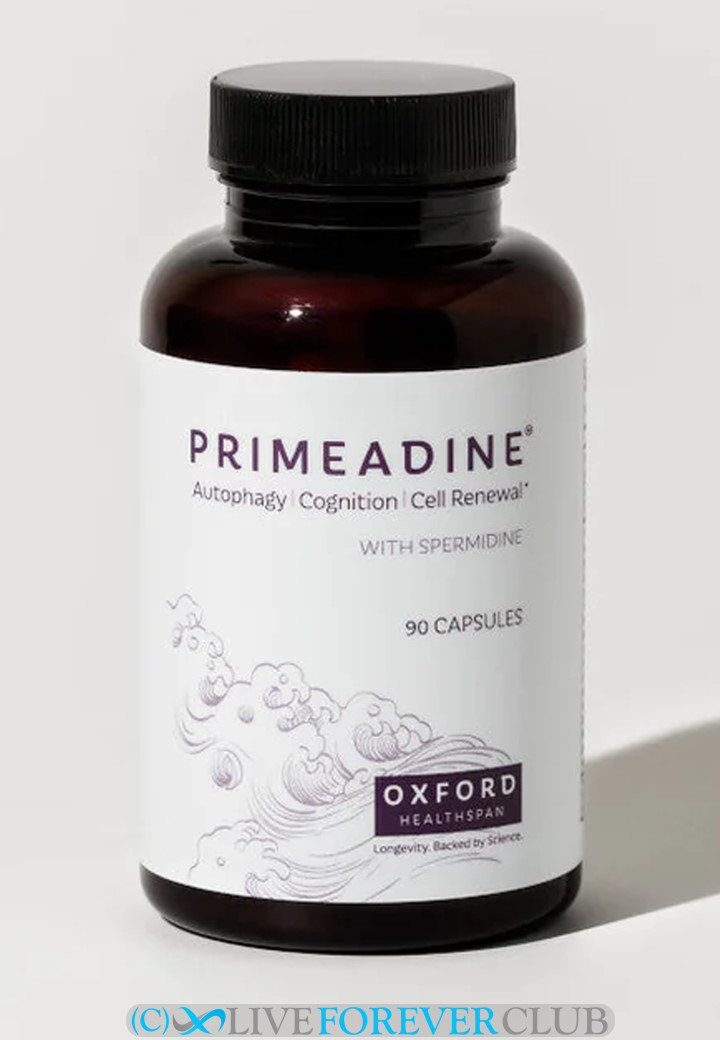
Taurine, an unusual amino acid that stands apart from its protein counterparts, holds a crucial role in biological functions. Abundantly present in the brain, heart, and muscles, it contributes significantly to stabilising cell membranes and regulating calcium and neurotransmitters.
The decline in taurine levels, attributed to factors such as oxidative stress and reduced synthesis, is associated with age-related conditions like cognitive decline and heart problems[7]. Taurine emerges as a potential biomarker, providing valuable insights into the body's internal response to ageing. Various studies emphasise its potential as a strategy to manage oxidative stress.
Research consistently shows that its supplements can have positive effects on both endurance and memory. As scientists delve deeper, they're discovering that this amino acid, which is usually ignored, actually plays a crucial role in keeping our body functions in check. It's now gaining attention in the health and ageing research field.
However, it's not yet proven to be a full-fledged anti-ageing treatment; instead, it's more famous for protecting against oxidative stress.
Urolithin A is a crucial compound for the body, but it's not produced naturally within the body. The tiny microbes in the gut produce urolithin A. This compound comes from ellagitannins found in berries and pomegranates. When the stomach digests these natural compounds, the microbes create urolithin A.
Urolithin A's claim to fame lies in its potential as a biomarker of gut health. Its production level reflects the efficiency of our gut's ellagitannin metabolism, a process known to decline with age. Studies suggest a strong correlation between higher urolithin A levels and markers of health and longevity, like mitochondrial function and cognitive performance. With age, key conductors, like certain gut bacteria, diminish, leading to a decline in urolithin A production[8].
Taking supplements can help with muscle endurance and can also keep the mitochondria healthy. This is especially helpful when we don't consume foods with similar benefits, or if the gut bacteria aren't producing enough of Urolithin A.
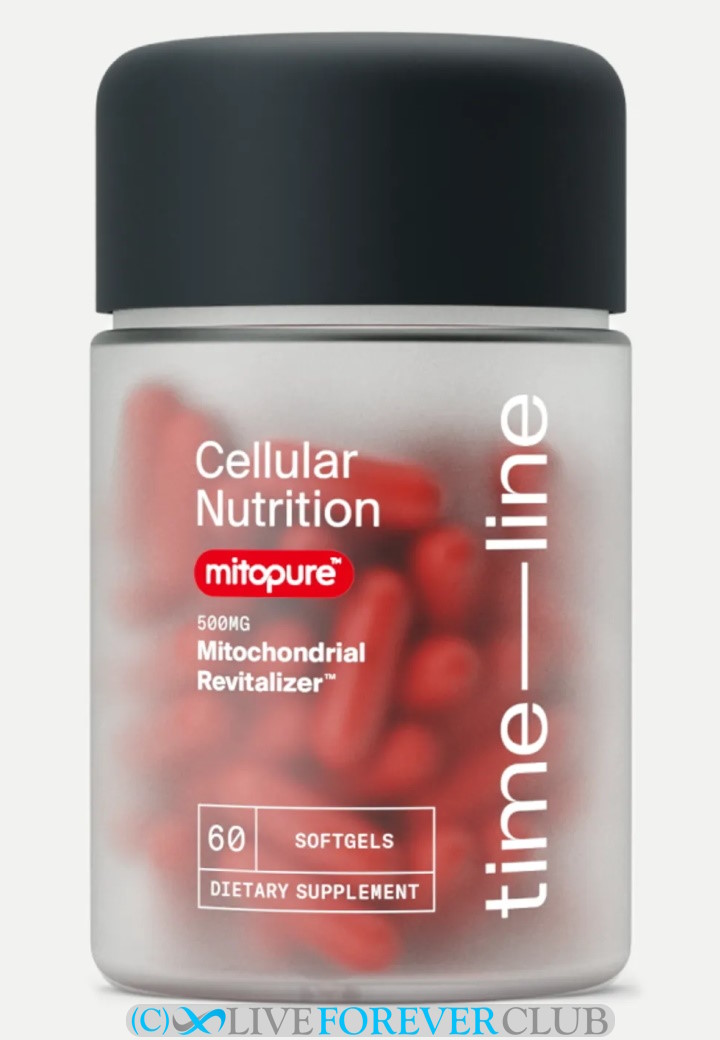
While the idea of using dietary supplements to boost health and longevity is attractive, it's essential to approach them with careful scepticism. Their effectiveness can be unclear, as absorption rates vary among individuals, and potential interactions with medications add complexity.
It's important to note that supplements can have side effects, and taking too much of certain ones can lead to undesirable outcomes.
Seeking advice from a healthcare professional is crucial, as they can evaluate individual needs, identify potential issues, and create a personalised plan tailored to address specific deficiencies or goals, if necessary.
It's worth remembering that taking dietary adjustments, adopting mindful lifestyle choices, and managing stress often contribute more significantly to overall well-being than relying solely on supplements.
Can we survive on supplements alone? Nope, not quite. While supplements can offer specific benefits, they should complement other interventions.
Supplements help with overall health, but researchers are still figuring out their full potential. To slow down ageing, interventions should not only tackle the downsides of getting older but also decrease the likelihood of dying.
Embracing a personalised approach tailored to individual needs shows promise in extending lifespan. Ongoing research in longevity is expected to reveal more breakthroughs, opening the door to a future where ageing is more of a suggestion than a rule.
Blog written by Sanjana Gajbhiye.
1. Aaseth, J., Alexander, J., & Urban Alehagen. (2021). Coenzyme Q10 supplementation – In ageing and disease. Mechanisms of Ageing and Development, 197, 111521–111521. https://doi.org/10.1016/j.mad.2021.111521
2. Das, J., Singh, R., Stanzin Ladol, Sasmita Kumari Nayak, & Sharma, D. (2020). Fisetin prevents the aging-associated decline in relative spectral power of α, β and linked MUA in the cortex and behavioral alterations. Experimental Gerontology, 138, 111006–111006. https://doi.org/10.1016/j.exger.2020.111006
3. Buchanan, S., Combet, E., Stenvinkel, P., & Shiels, P. G. (2020). Klotho, Aging, and the Failing Kidney. Frontiers in Endocrinology, 11. https://doi.org/10.3389/fendo.2020.00560
4. McReynolds, M. R., Karthikeyani Chellappa, & Baur, J. A. (2020). Age-related NAD+ decline. Experimental Gerontology, 134, 110888–110888. https://doi.org/10.1016/j.exger.2020.110888
5. Zhou, D.-D., Luo, M., Huang, S., Adila Saimaiti, Shang, A., Gan, R., & Li, H.-B. (2021). Effects and Mechanisms of Resveratrol on Aging and Age-Related Diseases. Oxidative Medicine and Cellular Longevity, 2021, 1–15. https://doi.org/10.1155/2021/9932218
6. Ni, Y., & Liu, Y. (2021). New Insights into the Roles and Mechanisms of Spermidine in Aging and Age-Related Diseases. Aging and Disease, 12(8), 1948–1948. https://doi.org/10.14336/ad.2021.0603
7. Taurine deficiency as a driver of aging. (2023). Science. https://www.science.org/doi/10.1126/science.abn9257
8. Wojciechowska, O., & Małgorzata Kujawska. (2023). Urolithin A in Health and Diseases: Prospects for Parkinson’s Disease Management. Antioxidants, 12(7), 1479–1479. https://doi.org/10.3390/antiox12071479
Meet the Omes
When selecting a supplement, price is not the sole determining factor
The data and science behind the exponential growth in mortality with age
What is the impact on physical biomarkers from taking spermidine supplements?
Reactive oxygen species (ROS) have a positive role in some processes, complicating research, but unlikely that antioxidants slow ageing